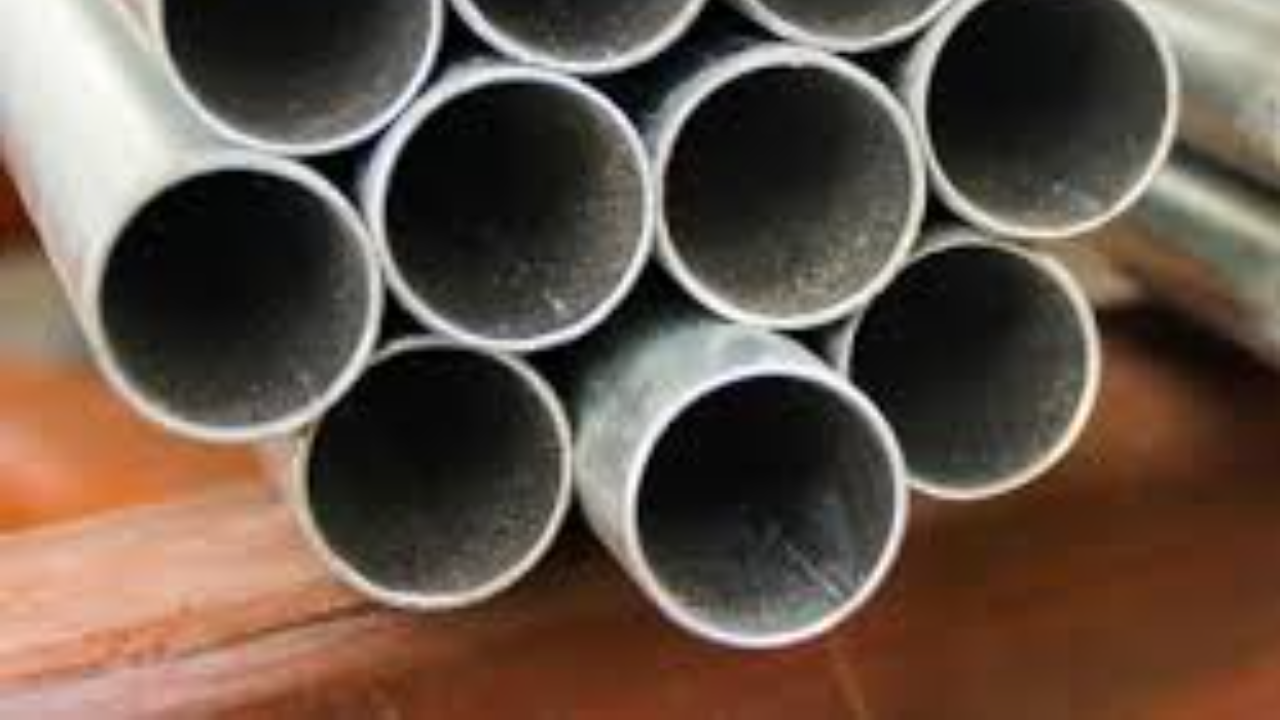You may have heard of the term “Pipe sizes” so many times whenever you think of buying a new pipe during the construction of your home or repairing something at your office. Pipe sizes include the right length, schedule, and diameter of the pipe. The pipe Schedule is the width of the pipe wall. This article is a brief guide to pipe scheduling.
Pipe Schedule
All types of pipes be it copper pipe PVC pipe or steel pipe, will come with a detail of pipe scheduling. The pipe Schedule is the width of the pipe wall. The more the width is the stronger the pipe is. The diameter and other such factors decide the pipe schedule of a pipe. It is denoted by a number. The number refers to the thickness level set according to the standards of the American National Standard Institute (ANSI) and American Society for Testing Materials (ASTM). The two most widely used Pipe schedules are Schedule 40 and Schedule 80. Among the materials. Schedule 80 steel pipe is mostly used in the construction sector.
What is Schedule 80 Steel Pipe?
Schedule 80 steel pipe is a type of steel pipe known for its robustness and durability. It is specifically designed to withstand high-pressure applications, making it ideal for industries such as oil and gas, chemical processing, and industrial manufacturing. With thicker walls compared to Schedule 40 pipe, Schedule 80 steel pipe provides increased strength and resistance to corrosion, making it suitable for use in demanding environments.
Features of Schedule 80 Steel Pipe
The attributes of Schedule 80 steel pipe are distinctive and distinguishable. Here are some key characteristics of Schedule 80 pipe:
Pressure Endurance
With increased wall thickness, Schedule 80 steel pipe exhibits resilience against external or internal forces, minimizing the risk of deformation even in challenging environments. This feature is particularly valuable in applications where pipes must withstand mechanical stresses.
Temperature Resistance
In addition to mechanical stresses, Schedule 80 steel pipe demonstrates excellent resistance to extreme temperatures commonly encountered in industrial operations. This ensures the pipe maintains its structural integrity under varying temperature conditions.
Stability and Rigidity
Unlike thinner pipes prone to bending during installation or operation, Schedule 80 pipe possesses inherent stability and rigidity, resulting in minimal deflection. Its substantial thickness contributes significantly to this characteristic.
Corrosion Resistance:
Crafted from corrosion-resistant materials such as steel alloys, Schedule 80 steel pipe offers robust protection against rust, corrosion, and degradation. This resistance makes it suitable for conveying harsh chemicals in industrial settings.
Reduced Noise & Vibration:
The ample wall thickness of Schedule 80 steel pipe mitigates noise and vibration within piping systems, preventing structural damage and reducing the risk of leakage. This feature is particularly advantageous in noise-sensitive environments like residential areas.
Conclusion
In the realm of steel pipes, Schedule 80 pipes stand out as formidable champions boasting exceptional strength and reliability. Schedule 80 steel pipes guarantee seamless flow within industries, earning them a reputation for dependability in handling the most demanding jobs. Whether you require Schedule 40 or Schedule 80 pipes, contact Tianjin United Steel Pipe Co., Ltd (TUSPIPE). Our experts are available to provide guidance and assistance with your purchase.


